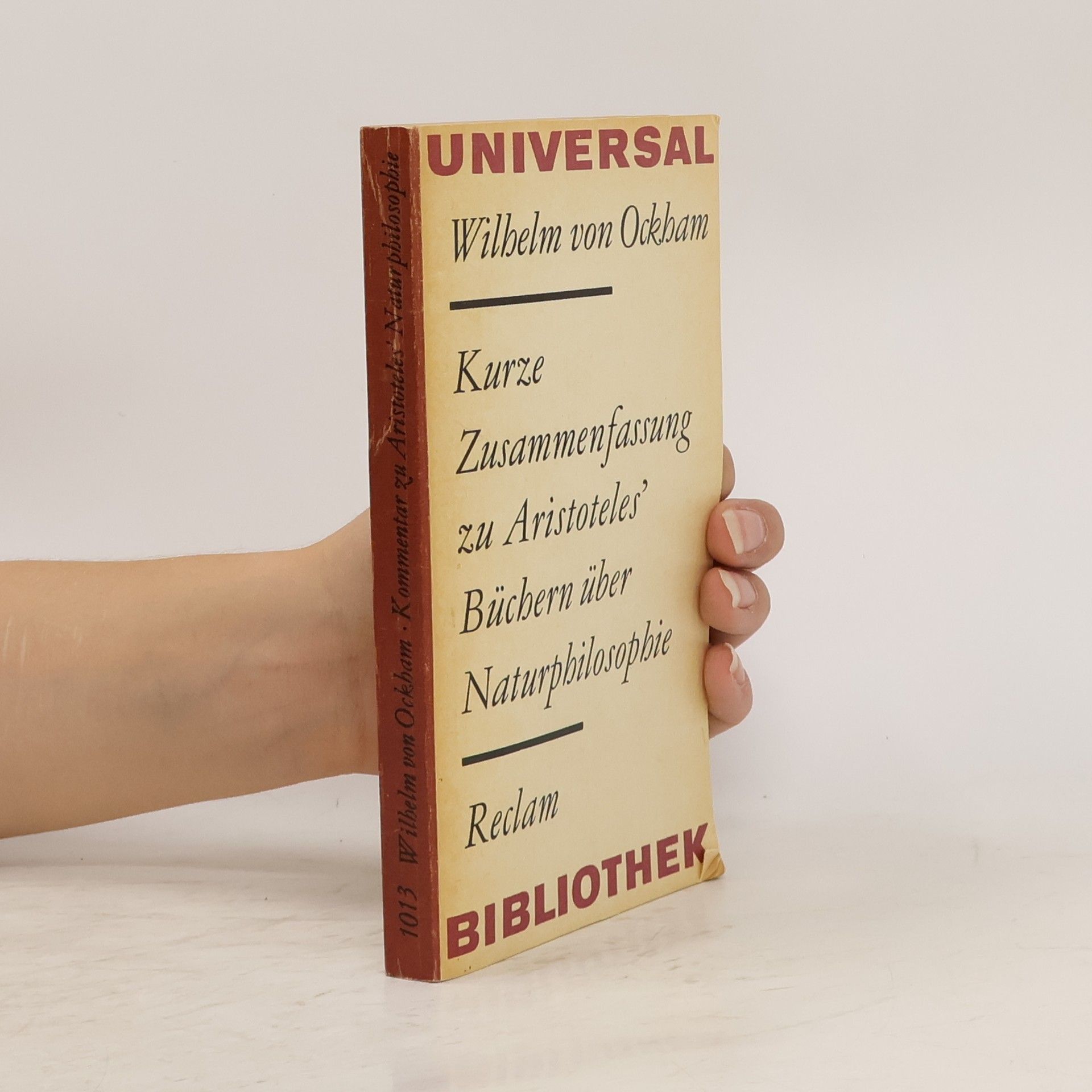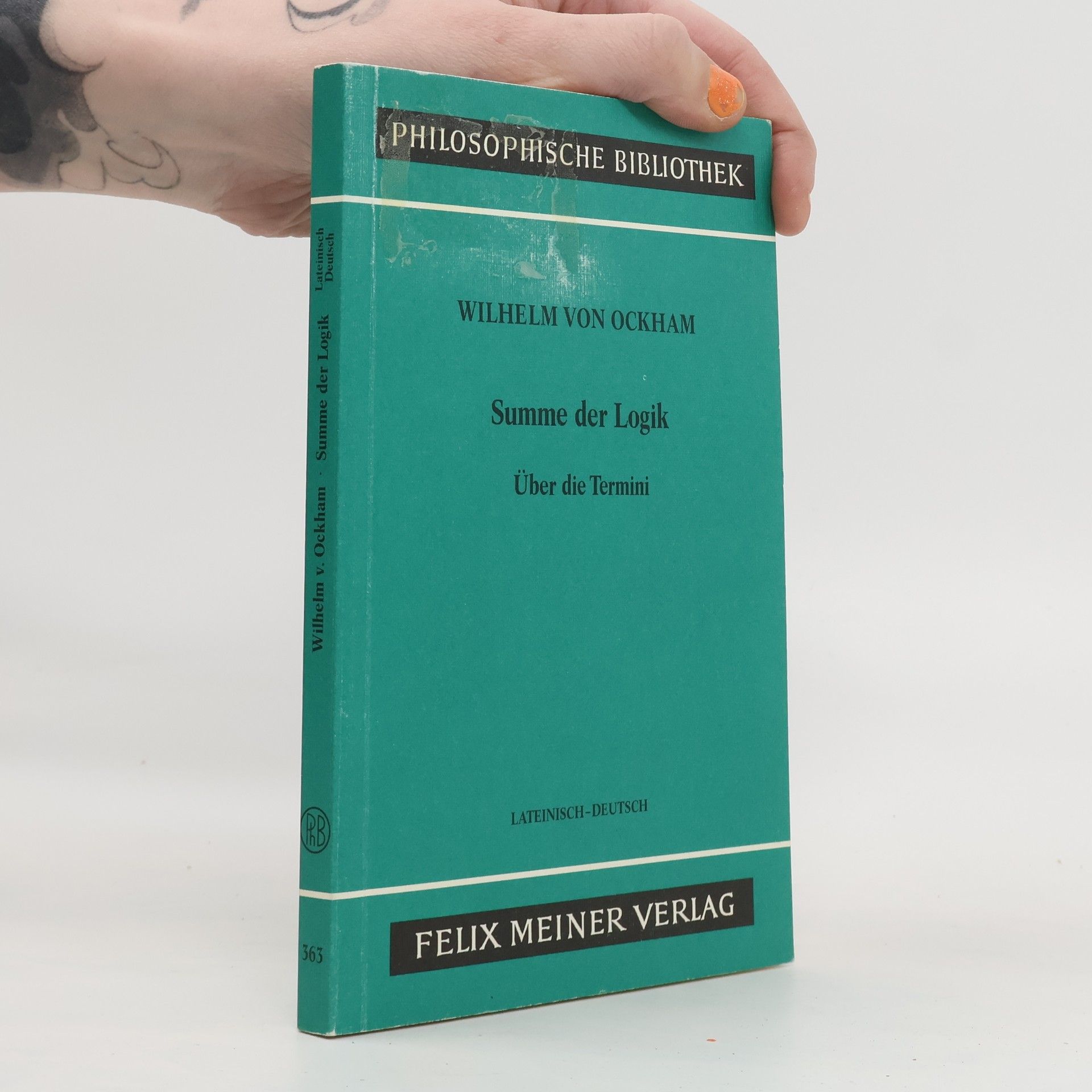William of Ockham Boeken
1 januari 1285 – 9 april 1349
Willem van Ockham was een Engelse franciscaanse monnik en scholastische filosoof, die wordt beschouwd als een van de belangrijkste denkers uit de middeleeuwen. Zijn werk omvatte logica, fysica en theologie. Hoewel hij vooral bekend is om het principe dat naar hem is vernoemd, het Ockhamsche scheermes, stond hij ook centraal in de intellectuele en politieke controverses van de veertiende eeuw.



De iuribus Romani imperii. III.2 Dialogus. Das Recht von Kaiser und Reich, III.2 Dialogus
Lateinisch – Deutsch. Übersetzt und eingeleitet von Jürgen Miethke
Ockhams dritter Teil des Dialogus beleuchtet seine politische Theorie, insbesondere den Konflikt zwischen Kirche und Staat. Er untersucht zuverlässige Orientierungen für politisches Handeln und entwickelt eine differenzierte Anwendung naturrechtlicher Normen.